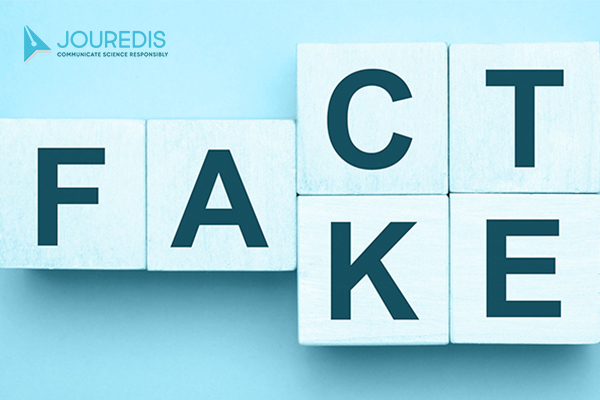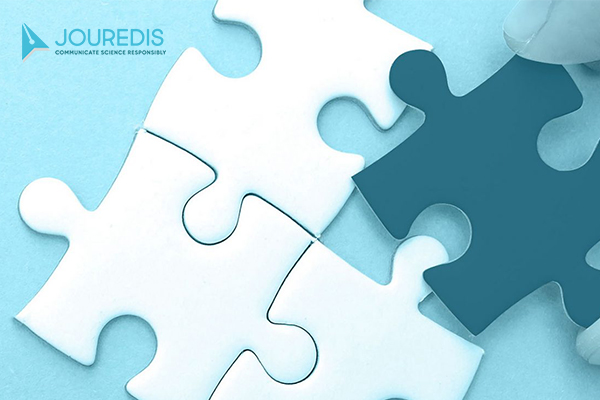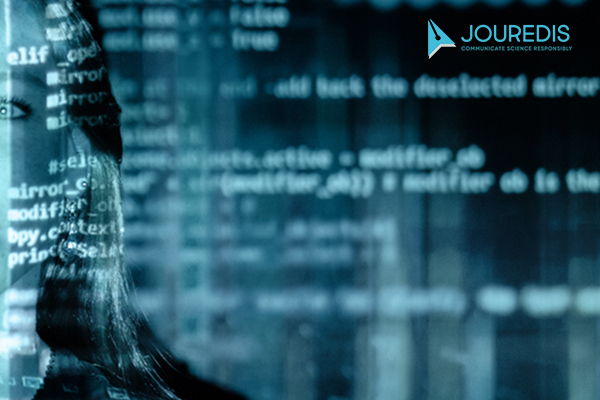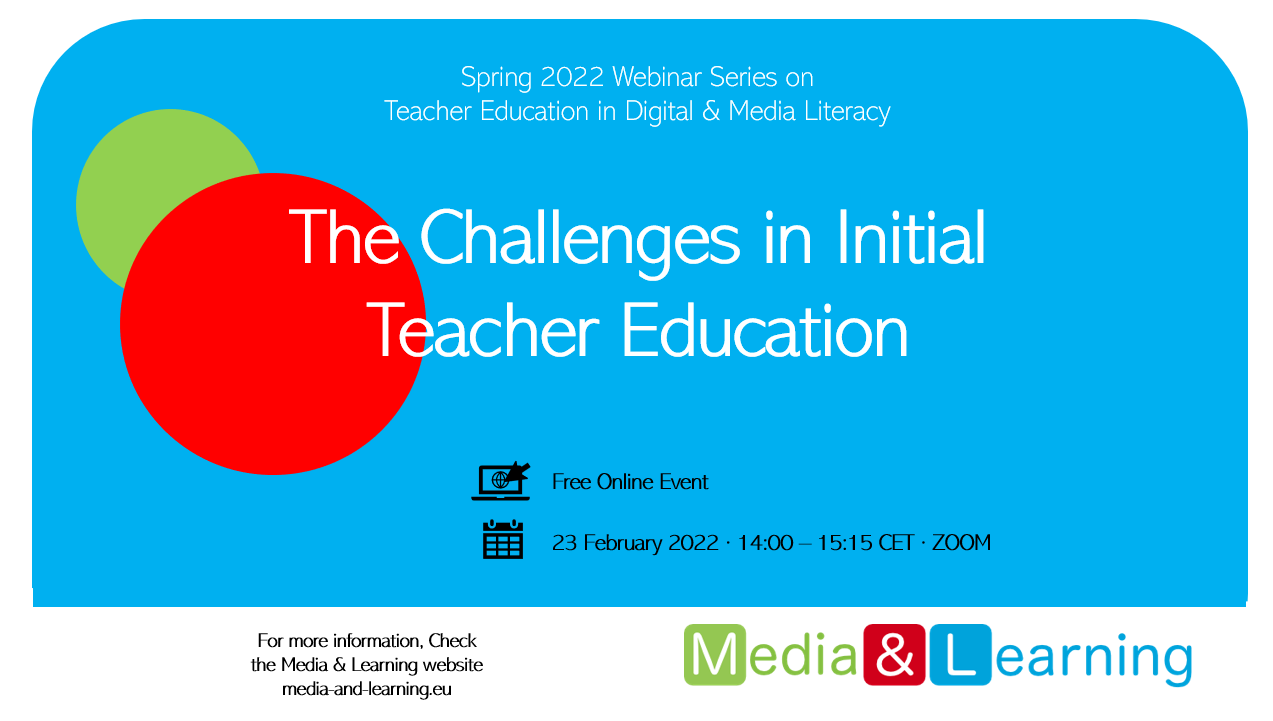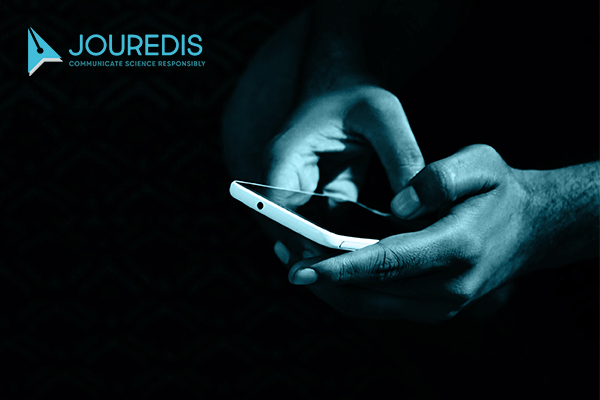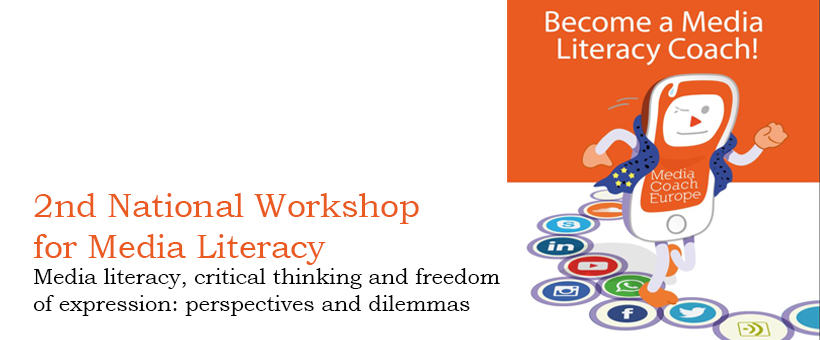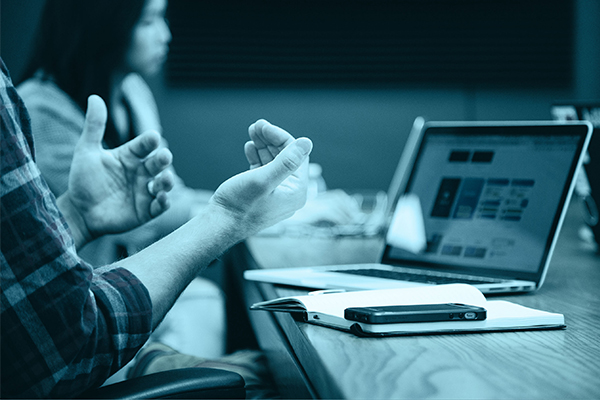
Workshop 6: Communicating science in challenging times
Date: 21 December 2022, 16:00-17:00 EET (online)
Guest speakers:
Dr Thanasis Hadzilacos is an adjunct Professor at the Cyprus Institute where he works for the Eastern Mediterranean and Middle East Climate Change Initiative. Before that he taught Computer Science and Educational Technology at Patras University, the University of Thessaly, the Hellenic Open University and the Open University of Cyprus. He worked on Misinformation in the project “Antibodies to Misinformation” and CyberSafety iii.
Dr Dimitra Milioni, is an Associate Professor at the Department of Communication and Internet Studies, and the Dean of the Faculty of Communication and Media Studies at the Cyprus University of Technology.
Dr Paschalia (Lia) Spyridou is an Assistant Professor at the Department of Public Communication at the Cyprus University of Technology.
Trainer: Christiana Varda, Research Associate and PhD Student at the Department of Communication and Internet Studies, Cyprus University of Technology
The recent COP27 summit highlighted the urgency of taking immediate action to address the climate crisis. World leaders have pledged to reduce carbon emissions, but doing so in a way that makes a meaningful change towards safeguarding a sustainable future, requires a new economic order, which will ultimately have a societal impact. Such challenging times are defined by uncertainty, and create an environment that is ripe for misinformation that people may fall prey to as they seek to understand how such policymaking decisions impact them. Engaging people in the public understanding of science, especially in crucial issues such as the climate crisis, emerges as a pressing need, and journalists have a key role to play in this.
This workshop will focus on two challenges facing journalists and the public today: communicating science effectively and combating misinformation. Dr Hadzilacos will discuss how journalists can raise awareness, increase the interest and engage the public in issues concerning the climate by communicating science effectively. Dr Spyridou and Dr Milioni will present the Greek edition of the UNESCO handbook on journalism, fake news and disinformation. We will conclude with a presentation by Eleni Kyza and Christiana Varda, on what laypeople perceive as persuasive communication on social media, based on a study that has been conducted with 242 participants from Cyprus.

